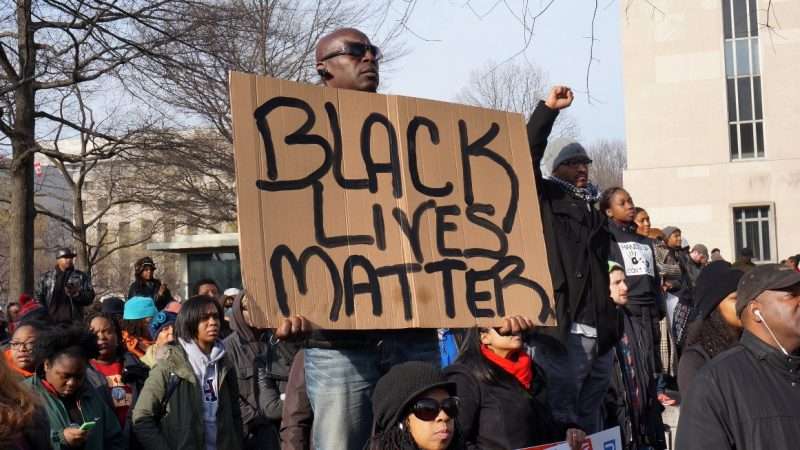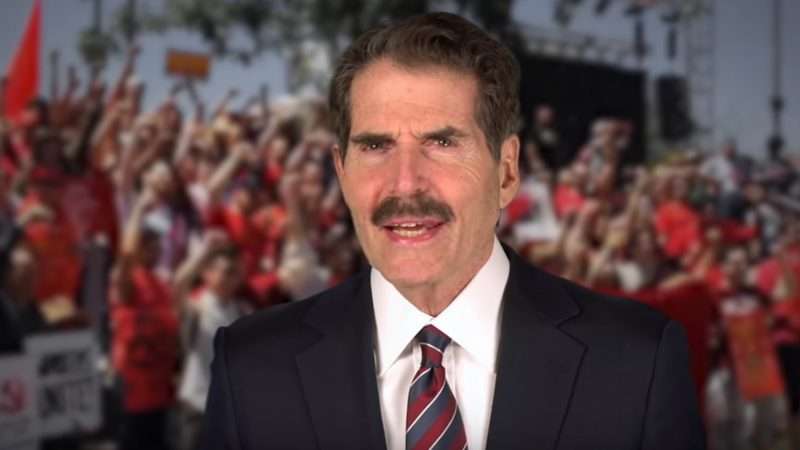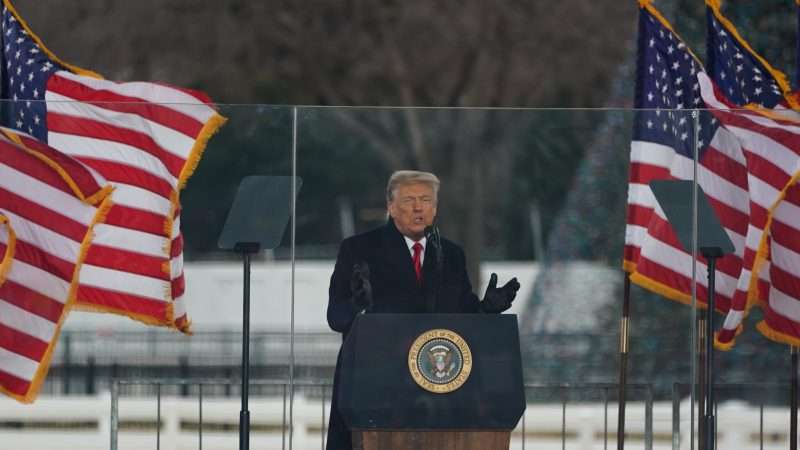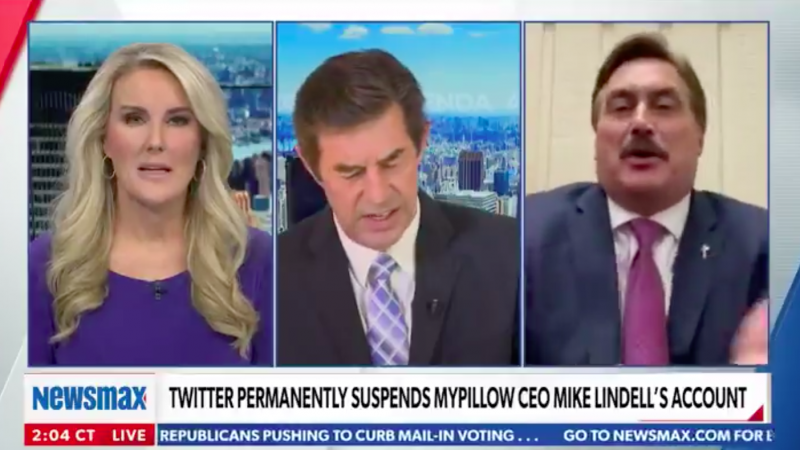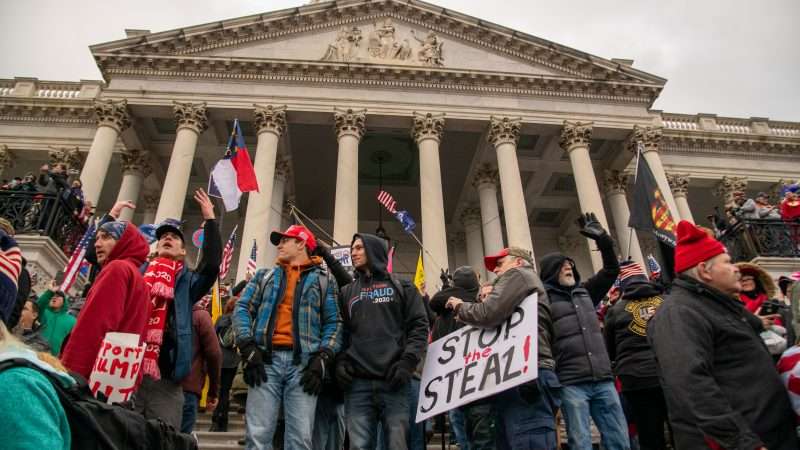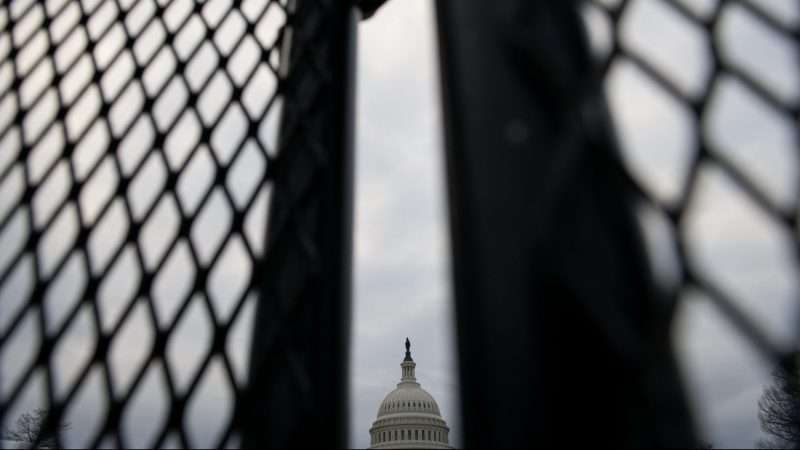
Fittingly for someone who spent more than three decades as a member of the U.S. Senate, President Joe Biden holds the so-called world’s greatest deliberative body in high regard.
Biden calls the Senate his “second home” in his 2007 memoir and, as that metaphor suggests, it is often obvious that the relationship is about more than just a physical place. Biden sees the Senate—with its arcane rules and combative but dignified atmosphere—as the embodiment of what government should aspire to be. When Biden stresses that Americans must learn to disagree without disrespecting one another, as he did in his inaugural address, he’s drawing on the ethos of the Senate. “Unity requires you to eliminate the vitriol, make anything you disagree with about the other person’s personality. We have to get rid of that,” Biden said last month.
But when it comes to passing one of the new president’s first major policy initiatives, Senate Democrats are already looking for a divisive shortcut. As part of a $1.9 trillion COVID-19 relief bill, Biden is asking lawmakers to also pass a massive increase in the federal minimum wage—hiking it to $15 per hour from the current rate of $7.25 per hour. It’s both ironic and telling that doing so might require effectively abolishing an arcane rule that’s intended to encourage debate.
No, I’m not talking about the filibuster, though Democrats may eventually decide to do away with the rule that requires a supermajority of 60 votes to cut off debate and bring a bill to a final vote. Instead, they’re turning to an even less well-understood Senate rule: reconciliation.
Reconciliation was invented in 1974 when Congress rewrote its rules for passing budgets. It’s intended to allow Congress to quickly make changes to existing laws governing federal revenue and spending by limiting how long legislators can debate bills filed under the reconciliation process. In effect, it creates a way for a simple majority in the Senate to pass budget bills in certain circumstances without allowing the minority to hold up the process with the threat of a filibuster.
According to the Congressional Research Service, a think tank housed within Congress, the reconciliation process has been used 25 times. You may recall that Republicans recently used reconciliation to get the 2017 tax cuts through the Senate and that they tried (unsuccessfully) to use the process to repeal Obamacare.
Here’s where it gets extra confusing. To use this special filibuster-bypassing loophole, a bill must pass a multi-step test known as the “Byrd rule”—named for the late Sen. Robert Byrd (D–W.Va.), who invented the test as a way to limit the use of the reconciliation process.
Whether a bill comports with the Byrd rule is up to exactly one person: Senate Parliamentarian Elizabeth MacDonough, who is more or less an unelected mage responsible for interpreting the Senate’s rules and adjudicating disputes over them.
In order to clear the Byrd rule, and thus be eligible to be passed with a simple majority as opposed to 60 votes, a piece of legislation cannot contain elements that are ruled extraneous to the federal budget. There are other aspects of the Byrd rule banning legislation that inflates the long-term federal budget deficit (which is why the 2017 tax bill contained a bunch of gimmicky promises about future tax hikes) and prohibiting any changes to Social Security, but the budget mandate is the key issue at play with the proposed minimum wage increase.
Most aspects of Biden’s proposed $1.9 trillion COVID-19 relief bill would be eligible for passage under reconciliation. Boosting emergency spending or offering tax breaks to offset individuals’ and businesses’ losses due to the pandemic—regardless of whether they are fiscally smart policies or not—pretty clearly meet the Byrd rule’s threshold.”Bry
But does hiking the federal minimum wage? That’s debatable.
Progressives like Sen. Bernie Sanders (I–Vt.) are making a roundabout argument that increasing the federal minimum wage can be done via reconciliation because it would have some knock-on effect on federal tax revenue. In other words, forcing businesses to pay hourly workers higher wages will translate into higher taxable income for those workers and thus more tax revenue for the government. Additionally, the Economic Policy Institute, a progressive think tank, argues that a $15 federal minimum wage would decrease dependence on federal welfare programs by at least $13 billion annually.
But approaching the Byrd rule in that manner makes it effectively null and void. In strokes that broad, any major change to federal policy could have knock-on effects that impact tax revenues or future expenditures.
For example, if Biden were to propose that the federal government mandate every household adopt a dog within the next six months, one could argue that the corresponding uptick in demand for dog food and chew toys would force businesses that produce those products to hire more workers, and that hiring (and paying) more workers would impact federal tax revenue down the road. You might even be able to argue that the resulting increase in happiness would reduce future government health care expenditures (or perhaps that it would increase them since dog owners statistically live longer).
All those things might be true, but that wouldn’t make the Puppy Mandate of 2021 directly linked to the federal budget in a way that the reconciliation rules were crafted to allow.
But wait, there’s one more wrinkle—because this is the Senate and nothing is ever straightforward. If MacDonough rules that the minimum wage hike can’t be passed via reconciliation, the Senate can still overrule her decision.
Doing so would require a supermajority of 60 votes, so that’s probably not feasible—unless Vice President Kamala Harris, in her role as president of the Senate, unilaterally acts to overrule MacDonough. That’s never been done before, but The New York Times notes that it is technically allowed under Senate rules.
For now, this whole debate could be somewhat moot. Sen. Joe Manchin (D–W.Va.) says he won’t support a $15 national minimum wage. Instead, he’s proposing to hike the minimum wage to $11 per hour. And if Democrats can’t get unified support from all 50 of their members on this issue, then the reconciliation route is useless.
All of this procedural analysis ignores the strong policy-based arguments against raising the minimum wage to $15 per hour across the entire country. Including that wage hike in what is ostensibly a COVID-19 relief bill, as Reason‘s Billy Binion pointed out last week, is particularly bizarre since many businesses that would be subject to the higher labor costs are just struggling to keep their doors open right now. The Biden administration is touting a Congressional Budget Office report showing that a $15 national minimum wage would lift about 1 million workers out of poverty, but it is conveniently downplaying the fact that the same study says the change would eliminate 1.3 million jobs.
It’s certainly possible that Democrats will ignore that and try to ram the higher minimum wage—either $15 per hour or $11 per hour—through Congress using reconciliation. “We’re not going to take ‘no’ for an answer” is how Sanders described the effort to CNBC last week.
If so, we could be treated to the spectacle of the Biden administration’s second-in-command unilaterally overturning the Senate’s rules in an unprecedented way that virtually guarantees the Byrd rule no longer serves as a significant impediment to passing any legislation via the reconciliation process—and doing it so a controversial policy change can be implemented with the support, maybe, of just 50 senators plus the vice president.
After preaching about the value of unity and promising to end an era of political norm-breaking, that would be a heck of a way for Biden to demonstrate that he doesn’t much care about any of those things.
from Latest – Reason.com https://ift.tt/3oK0VUO
via IFTTT



